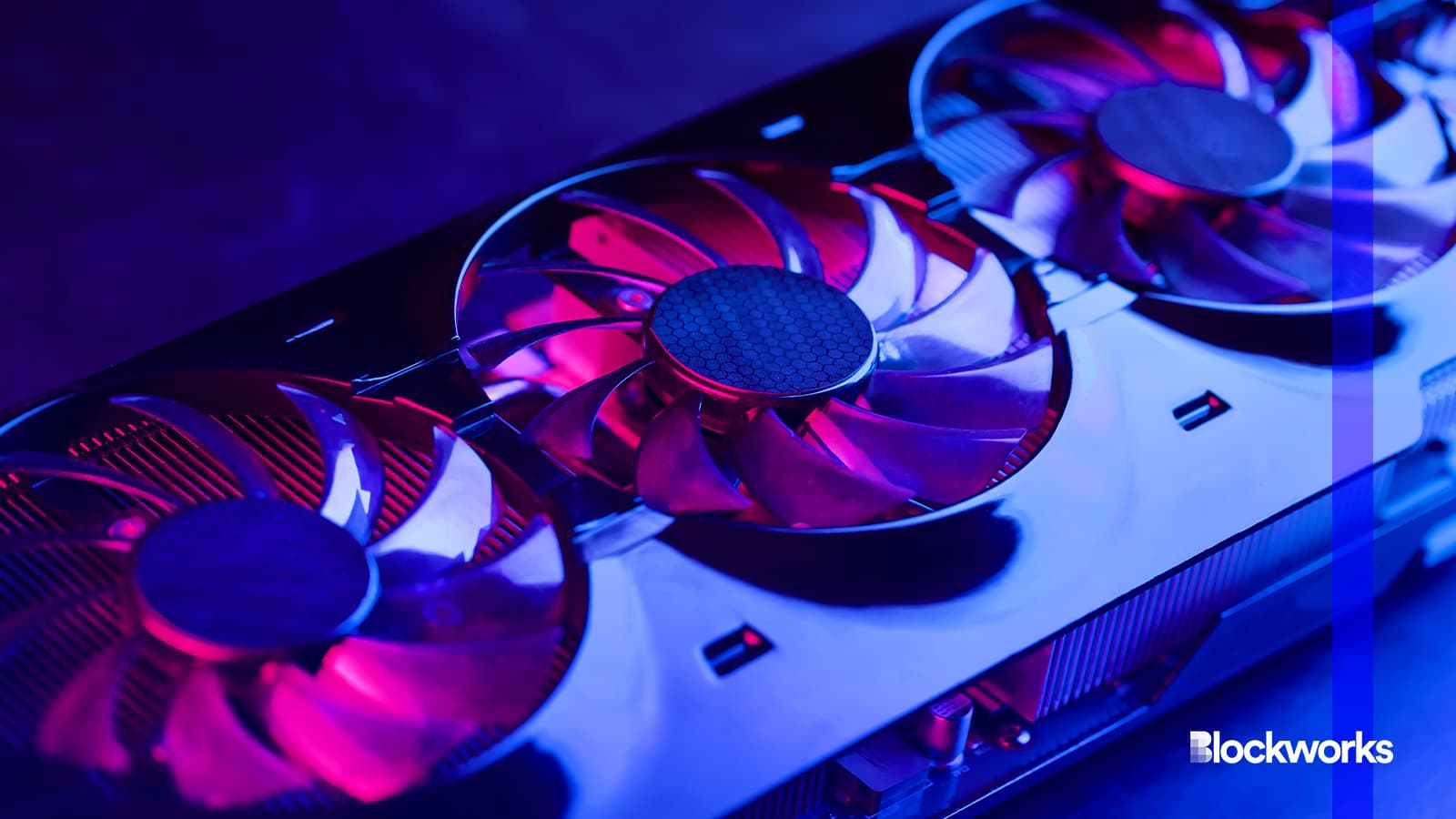[ad_1]
The crypto-mining industry is pushing back against the Energy Information Administration’s request for data — this time through legal action.
In a complaint against the U.S. Department of Energy agency — filed Thursday in Waco’s federal district court — the Texas Blockchain Council and Riot Platforms called the EIA’s recent survey “intrusive government data collection.”
The claimants refer to the EIA which seeks details on businesses’ electricity consumption, energy suppliers and other data. Filed as an “emergency collection of data request,” the survey was approved by the Office of Management and Budget on January 26.
Read more: US Department of Energy demands consumption statistics from bitcoin miners
Riot Platforms and other miners “will be immediately and irreparably harmed by being forced to disclose confidential, sensitive and proprietary information to OIA, which it had no lawful authority to request or collect,” the complaint states.
The Texas Blockchain Council and Riot are asking the court to issue a restraining order or preliminary injunction prohibiting the EIA from collecting the information.
An EIA spokesperson said the agency cannot comment on pending litigation, and a Riot Platforms representative also declined to comment.
The Texas Blockchain Council is a non-profit organization that advocates for the crypto mining industry. Riot Platforms is one of the largest publicly listed bitcoin mining companies. With facilities in Texas, Riot had a deployed hash rate of 12.4 exahashes per second (EH/s) as of January 31 and produced 520 BTC last month.
Texas Blockchain Council President Lee Bratcher told Blockworks that the EIA’s efforts are “unprecedented actions … in violation of several federal statutes.” These include circumventing mandatory notice and comment periods, and the threat of criminal penalties for failure to respond.
Information used in the survey “may be publicly released in company identifiable form,” according to the survey.
Bratcher noted that the group advised its members not to respond to the survey until its legal challenge was heard.
There was a court hearing set for Friday to determine whether or not the restraining order would be approved.
Nishant Sharma, founder of bitcoin mining-focused advisory firm BlocksBridge Consulting, noted that the EIA’s survey request comes after a series of letters and bills from lawmakers who have expressed opposition to cryptomining and the broader industry.
Sen. Elizabeth Warren, D-Mass., and others have called on federal regulators in 2022 to mandate cryptocurrency miners to disclose their emissions and energy use. Warren co-sponsored the Digital Asset Anti-Money Laundering Act last year.
Read more: Former government officials say DAAMLA could harm US crypto industry
“It makes mining companies feel they are being unfairly treated and discriminated against despite all the work they have done to strengthen local energy networks, support local communities, work with regional governments and increase energy efficiency,” Sharma told Blockworks. . “Frankly, given all the available facts and data about the industry, it appears to be a weaponization of an otherwise benign government agency for political gains.”
House Majority Whip Tom Emmer, R-Minn., wrote in a letter to the Office of Management and Budget on Thursday that “bitcoin miners do not pose a threat to public safety.”
However, Stronghold Digital Mining CEO Greg Beard said his company had taken a “cooperative stance” toward the EIA’s request. He called the survey “a legitimate effort to understand bitcoin mining’s impact on the electrical grid” in an email to Blockworks.
The EIA survey did not include all the necessary questions that would have given it a complete picture of the potential impacts or benefits of mining operations, Beard argued.
There were no questions about bitcoin miner capacity to supply energy to the network, for example. Nor was there a query about how often crypto miners adjust energy consumption during periods of high demand, he added.
Read more: Not all about bitcoin production: Miners profit by limiting operations
“We would hope that the EIA studies bitcoin miners and their flexible energy consumption and rightly determines that they can be designed and managed to be an economical and practical way to replace grid-scale batteries, contributing to grid stability while providing consumers with lower costs. “
Don’t miss the next big story – sign up for our free daily newsletter.
[ad_2]
Disclaimer for Uncirculars, with a Touch of Personality:
While we love diving into the exciting world of crypto here at Uncirculars, remember that this post, and all our content, is purely for your information and exploration. Think of it as your crypto compass, pointing you in the right direction to do your own research and make informed decisions.
No legal, tax, investment, or financial advice should be inferred from these pixels. We’re not fortune tellers or stockbrokers, just passionate crypto enthusiasts sharing our knowledge.
And just like that rollercoaster ride in your favorite DeFi protocol, past performance isn’t a guarantee of future thrills. The value of crypto assets can be as unpredictable as a moon landing, so buckle up and do your due diligence before taking the plunge.
Ultimately, any crypto adventure you embark on is yours alone. We’re just happy to be your crypto companion, cheering you on from the sidelines (and maybe sharing some snacks along the way). So research, explore, and remember, with a little knowledge and a lot of curiosity, you can navigate the crypto cosmos like a pro!
UnCirculars – Cutting through the noise, delivering unbiased crypto news







